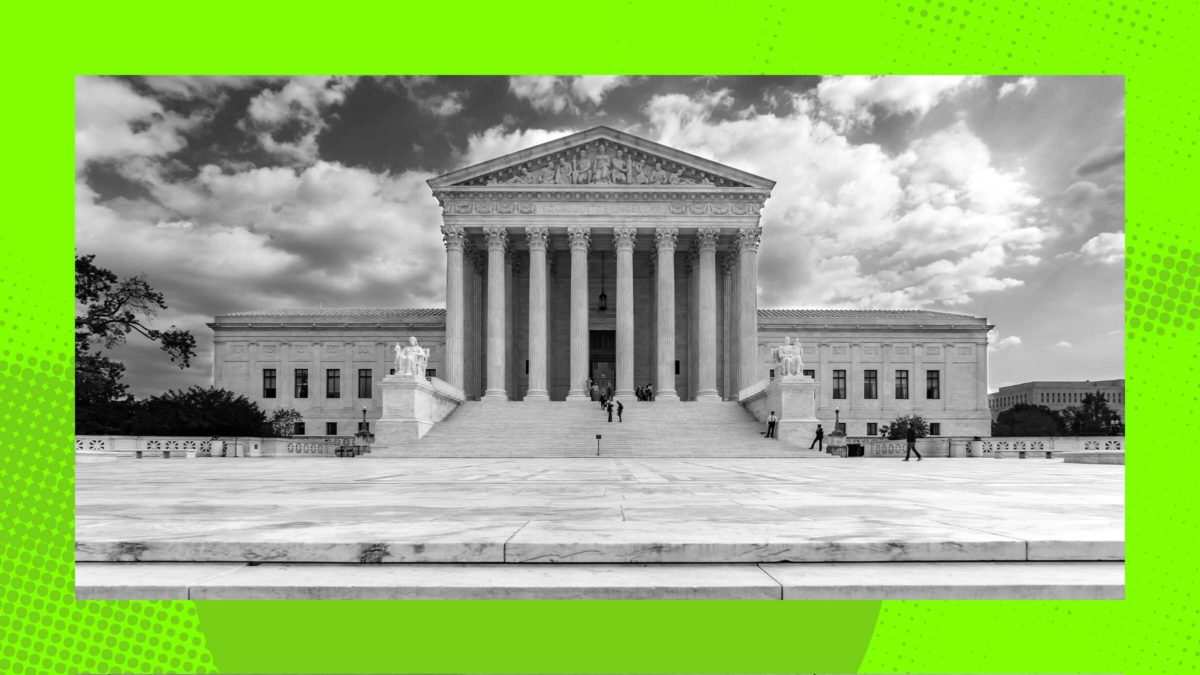How easy should it be for cops to seize your property, for months on end, for no real reason other than that “they know they can get away with it”—even though you haven’t been convicted or even accused of a crime?
This term, the Supreme Court will be considering this question—and, much as I can’t believe it, at least one of the justices seems to think that it has a complicated answer.
On Monday, the court heard oral argument in Culley v. Marshall, a case that began winding its way to the court several years ago, after police in Alabama pulled over Halima Culley’s son in a car she’d bought for him to use while he was away at college. They arrested him after finding marijuana inside, and he later pleaded guilty to a minor drug offense. That same month, Lena Sutton lost her car, which she’d lent to a friend after police (also in Alabama) found drugs during a routine traffic stop.
Neither Sutton nor Culley was present when police pulled their cars over, let alone charged with anything. But when they asked for their cars back, police were having none of it. Instead, the state initiated a process known as civil asset forfeiture, which allows police to seize—and keep—property allegedly involved in a crime. By one estimate, states and the federal government have used civil asset forfeiture to rake in at least $68.8 billion since 2000. In Alabama and 24 other U.S. states, 100 percent of the proceeds go to funds controlled by law enforcement agencies, many of which depend heavily on the spoils to pad their budgets. Forfeiture often magnifies the cartoonish abuses of power for which police in this country are already infamous: For example, a sheriff in Camden County, Georgia, bought so many boats with seized assets that locals said he was running a Camden County Navy.
In theory, civil asset forfeiture is a tool for depriving scary street gangs and wealthy drug kingpins of the means to keep plying their deadly trades. In practice, it amounts to legalized extortion or even outright theft, and empowers armed state agents to line their pockets at the expense of legally innocent people who have no meaningful recourse.
Read the rest at Slate here.

